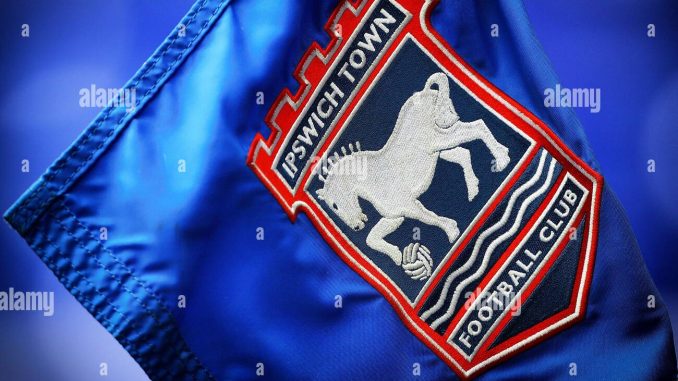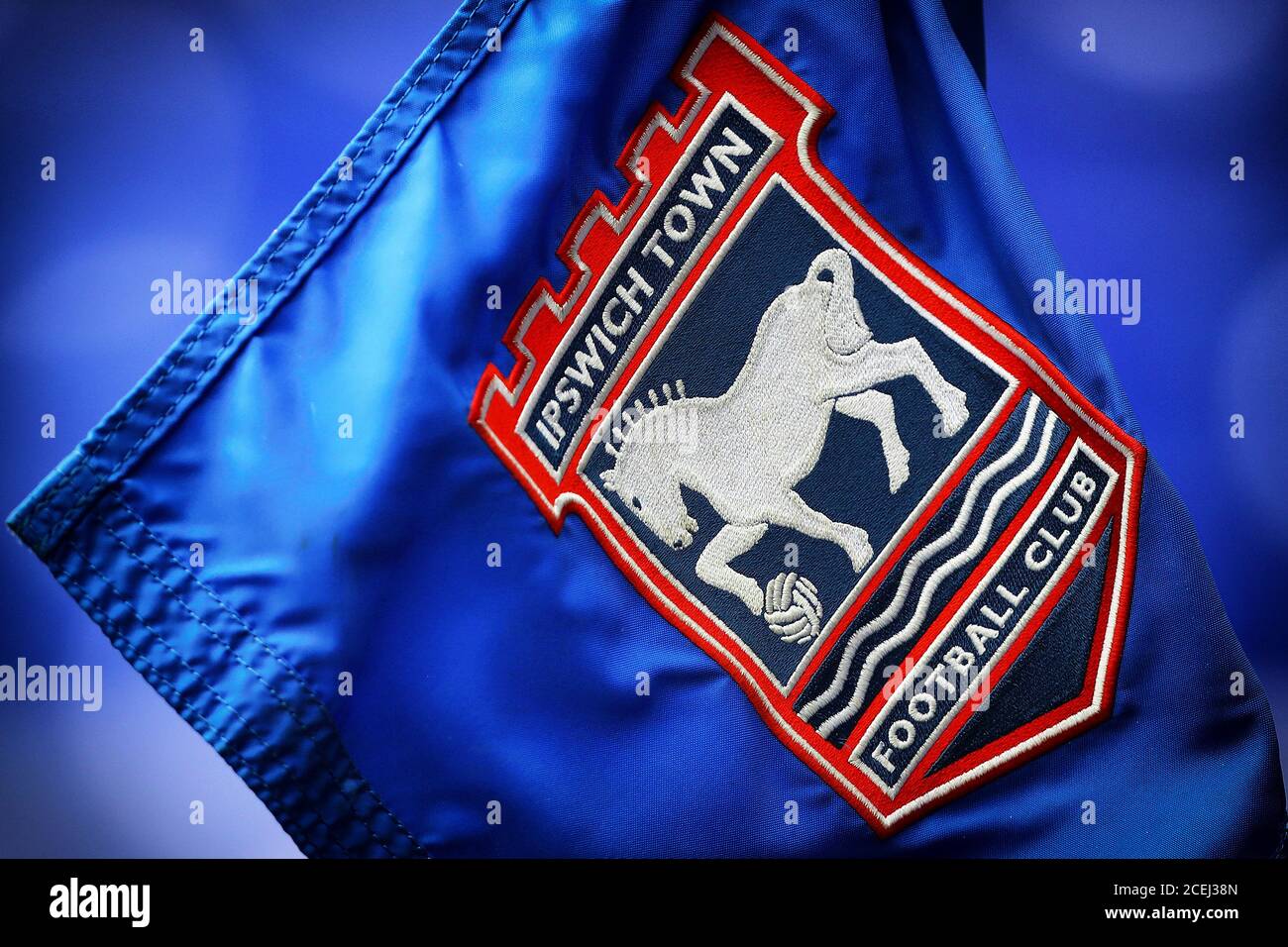In the season before Beattie’s debut, Ipswich were placed 13th in the First Division, but in all but one of the nine campaigns in which he featured, the club finished no worse than sixth, including runners-up to Aston Villa in 1980-81. With Beattie in the side they also won the FA Cup final in 1978 – a 1-0 victory against Arsenal, courtesy of an Osborne goal – and while he did not play in the two legs of the 5-4 Uefa Cup final victory over the Dutch club AZ Alkmaar three years later, he was eventually awarded a medal by Uefa to recognise his contributions earlier in the competition.
He had played in what turned out to be his last match for Ipswich shortly before that final, when he broke his arm in an FA Cup semi-final against Manchester City. By then, years of problems with his knees had already taken their toll, ending his England career in 1977 and increasingly interfering with his club availability. After the fifth in a series of unsuccessful operations in 1981 Beattie was forced to call time with Ipswich at the end of the year.
He tried short-lived comebacks in lower leagues with Colchester United and Middlesbrough during 1982-83, then moved into non-league football in the mid-80s, interspersed with brief periods at three minor teams in Scandinavia.
Despite having received £50,000 from a testimonial match with Ipswich and a fee for acting as Michael Caine’s body double in the football sequences of the 1981 film Escape to Victory, Beattie lived for much of the rest of his life in straitened circumstances. In recent years, however, he had received financial help from the PFA and had put his life on a more even keel, acting as a full-time carer to his wife, Margaret, as her multiple sclerosis worsened.
Affable and down to earth even at the height of his fame, Beattie remained a popular figure in Ipswich, and returned to the public eye through his matchday work on local radio from 2008 onwards. In 2012 he was given a 12-week curfew as punishment for benefit fraud, having failed to declare his modest radio earnings for fear that he would lose income support.
He is survived by Margaret (nee Boldy), whom he married in the early 70s, and by their three daughters, Emma, Sarah and Louise.
READ MORE.
Bart-Williams, who was born in Sierra Leone, arrived at Town on loan from Charlton in September 2003 along with the likes of Alan Mahon and Shefki Kuqi.
The midfielder impressed so much that the move was made permanent in December, when he signed for the rest of the season.
He departed Suffolk in the summer of 2004 and went on to play for Apoel Nicosia in Cyprus.
In all he made 26 appearances for the Blues – 22 of which were starts – and scored two goals.
Sheffield Wednesday, the club where he first rose to fame, said he died in America, where he worked as a coach and mentor to young players.
Paying tribute last night, Town tweeted: “The club is saddened to learn of the passing of former player Chris Bart-Williams.
“Once a Blue, always a Blue.”
Former team-mate Darren Bent said: “RIP my former team mate Chris Bart-Williams, thoughts and prayers go out to his family and friends.”




Leave a Reply